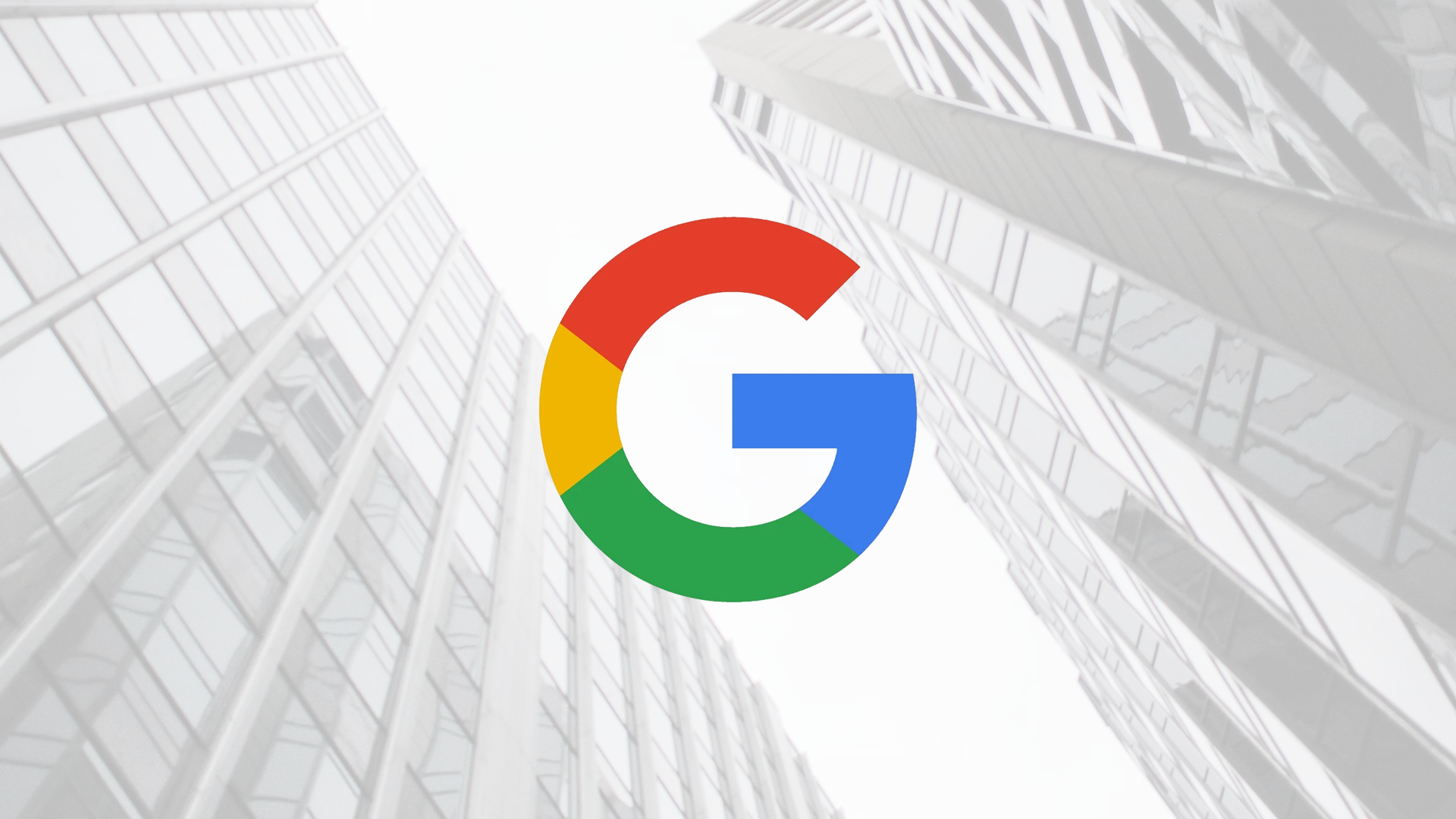What Does this Mean for Google?
Since coming into effect in March 2024, Google had to make a number of changes to its products and services, including:
- All Google Measurement technologies now require valid user consent identification on them from March onwards (this requirement applies to anyone with users in the EEA, regardless of whether the advertiser is based in the EEA)
- Any EEA data sent to Google without valid consent identifiers will (at best) be ignored. At worst there will be enforcement actions taken against advertiser accounts, including, but not limited to:
- Data Deletion
- Account functionality restrictions
- Account disabling
- The exact list of potential actions per platform will be coming from Google in the near future
In addition, Google indicated that any client who doesn’t have a compliant (basic) implementation of Consent Mode will have their bidding and remarketing halted.
What the DMA Means for Advertisers
As this is a relatively new update, the impact is something we’ll monitor closely as the DMA roll out takes action, however we do know that:
- Advertisers will need a functional Consent Management Platform (Think, OneTrust, Cookie Bot, etc) integrated into their site properly.
- Advertisers will need to have Basic Consent Mode running on site and being picked up by Google Platform Tracking (GA4, Google Ads, Floodlight, etc) as a minimum requirement.
- A migration to GA4 is necessary to maintain remarketing, audiences, & conversion export, and bidding optimization.
- Advertisers will need to update to the latest versions of API/SDKs for Google Ads and DV360.
Note: Full Consent Mode is the ideal final state (unconsented and consented flags) – however the functional requirement prior to March is only Basic Consent Mode.
Step-by-Step Guide:
- Work with a CMP to ensure you’re collecting valid user consent for EEA users
- Implement Consent Mode
- Migrate to Google Analytics 4 to maintain remarketing, audiences & conversion export, and bidding optimization
- Upgrade to the latest versions of API/SDKs for Google Ads and DV360
What is Consent Mode & How Does it Work?
Google’s Consent Mode lets users opt-in or out of sharing their information on a website, while enabling businesses to adjust tag behavior accordingly. With Consent Mode, users have control over their data and marketers can collect conversion signals without compromising privacy. It works without including any personal identifiers, making it a privacy-respectful way to collect critical data.
Take a look at our recent piece, Navigating a Cookieless World: Consent Mode to explore our list of Consent Mode FAQs including: what is Consent Mode, how to set up Consent Mode, and how does Consent Mode help you comply with privacy regulations.
Basic Consent Mode can easily be enabled if the CMP in use on site is one of those that is a certified Google Partner. The exact method varies between the CMPs, but it’s normally some manner of option that, at the moment, requires enabling via a tick box or some such within the platform interface.
These integrations will push a Consent Mode update automatically to the site DataLayer based on the user consent options dealt with via the CMP cookie banner. Said update should automatically be picked up and attached to Google Platform Tracking and the consent identifiers should then be present on the data packets going from site to google.
There are some technical considerations to take into account, but in an ideal world – once these integrations are enabled, there shouldn’t be any huge technical or implementation steps to take, bar some QA and sense checking.
–
The second large privacy update this quarter (after the Meta EU Personalization Ban) we’re seeing the industry as a whole shift towards a privacy first future as the EU cracks down on compliance and transparency within Big Tech firms. For more information or if you need help implementing Consent Mode, get in touch today. As a Global Google partner, we’ve spent the last three years ensuring privacy safe initiatives such as Consent Mode, Enhanced Conversions and GA4 are in place for hundreds of our clients.
For more information on how Incubeta can help you get privacy ready in 2024, fill in the form below and speak to our team of expert specialists…
This blog was updated on 01.05.24 – original publication November 2023.


